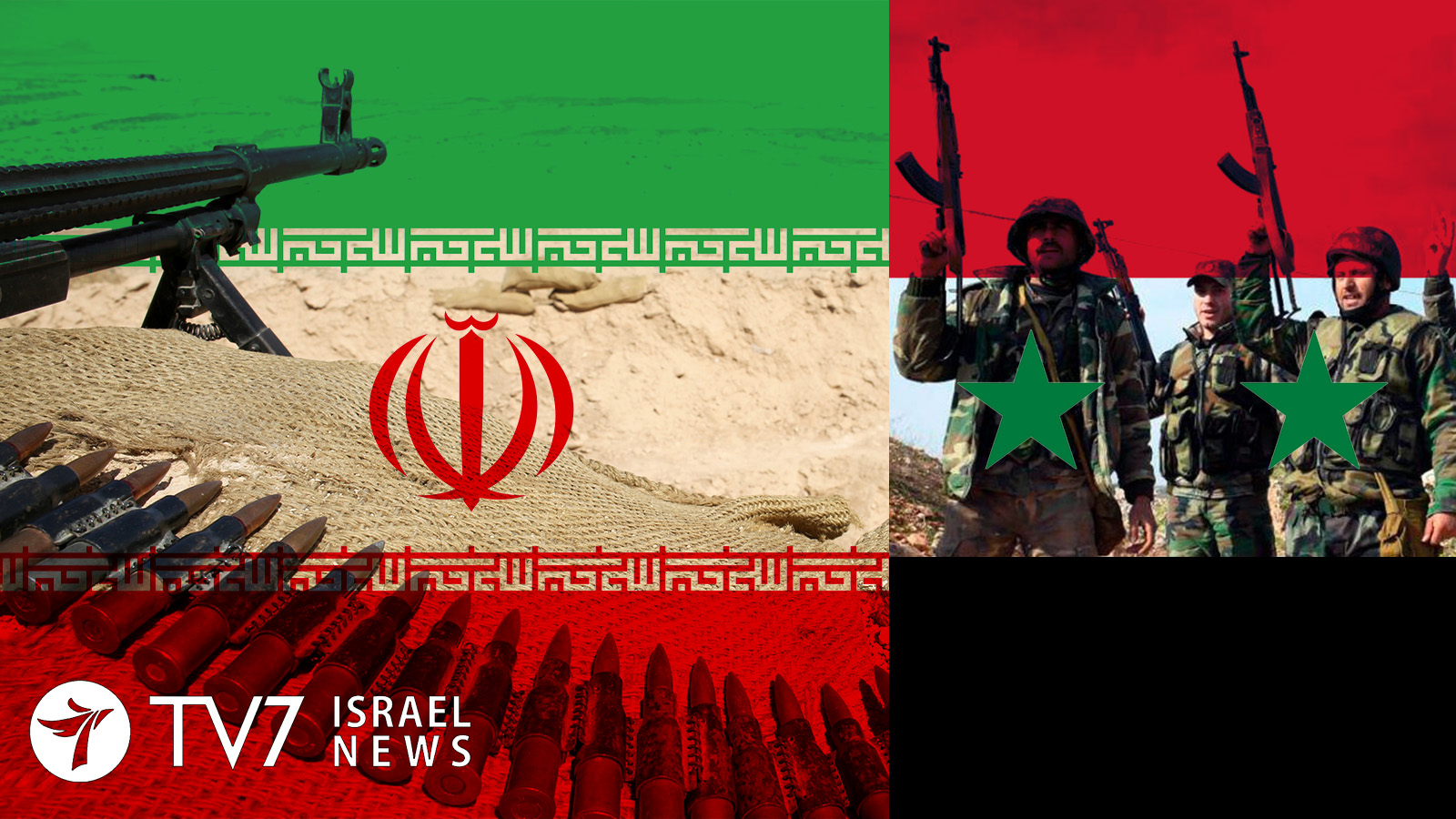The Islamic Republic of Iran has apparently invested up to $30 billion in efforts to keep the regime of Syrian President Bashar al-Assad in power.
In an interview with the Tehran-based Etemad daily, outgoing Iranian parliament member Heshmatollah Falahatpisheh, who served on the government’s Security and Foreign Policy Committee, revealed the substantial investment that sheds light on Tehran’s extensive efforts to secure influence over Damascus.
It is important to note that Iran’s reported budget allocated to the Arab Republic is estimated to be about twice as high as its own defense budget last year.
Furthermore, according to the International Monetary Fund, the reported Iranian investment in Syria comprises approximately %6.5 of the Islamic Republic’s Gross Domestic Product for 2019.
In related news, the Leader of the Palestinian Islamic Jihad (PIJ) revealed that Iran’s Islamic Revolutionary Guards Corps (IRGC) is actively supporting training of his militia for the purpose of battling the Jewish State.
In an interview with the Iraqi Al-Nujaba Television Network, Ziad Nakhalah disclosed that thousands of Palestinian fighters from the West Bank and Gaza Strip were trained at camps that were funded and supervised by Iran under the supervision of former Quds Force commander Qassem Soleimani, who was killed in a U.S. airstrike in January of this year.
“People do not know that thousands of Palestinians were trained in camps supervised by Hajj Qasem [Soleimani],” claimed the terrorist leader, repeating that he was “talking about thousands of Palestinians from within the ‘occupied land’ by various methods and means, they would be transported, trained, and returned.”
Upon questioning by the Iraqi reporter as to precise meaning of the phrase “occupied land,” Nakhalah responded “From Gaza and the West Bank. Yes.”
Meanwhile in Tehran earlier this week, the new Iranian parliament convened after almost three months of transition. The legislature, known as the “Islamic Consultative Assembly, serves at the pleasure of the country’s Supreme Leader Ayatollah Ali Khamenei. Any laws submitted by the so-called parliament must be reviewed and ratified by the Guardian Council, which is comprised of 12 members that have been appointed by the Supreme Leader.
Use of the Assembly as a frequent stage by the Regime to voice its agenda and rhetoric was evident during this week’s opening ceremony. President Hassan Rouhani, who technically serves the Islamic Republic’s Supreme Leader and most senior adviser on affair related to state, expressed both domestic and international messages.
“We hope that the relationship between the government and the parliament will be such that we will be able to run the country in this very difficult year while we will face sanctions and incitement of the enemy, as well as the dangerous coronavirus,” said Rouhani.
And while the Iranian President made repeated reference to his country’s distress over insufficient funding to combat the coronavirus pandemic, he did not stop short from proclaiming the growing prowess of the Iranian armed forces.
“In the military field, our ranking rose to the 14th from the 22nd in the world. We have seen great transformation in various areas of military power over these years,” claimed the President Rouhani.
